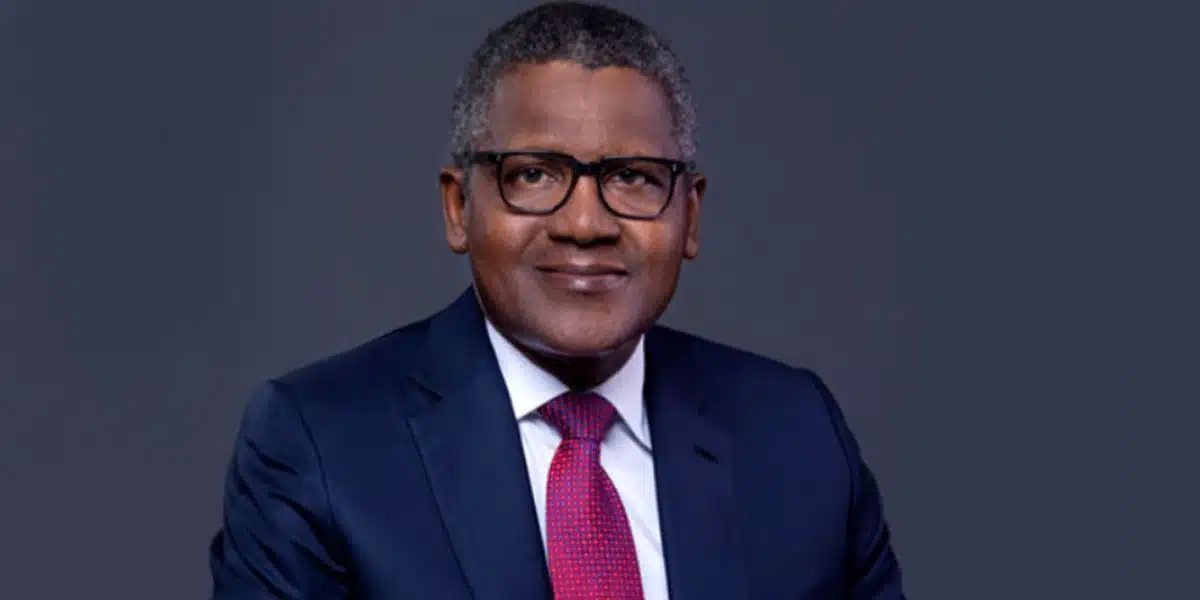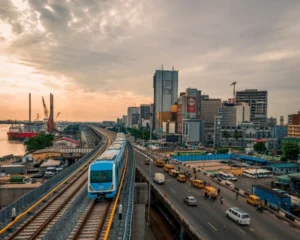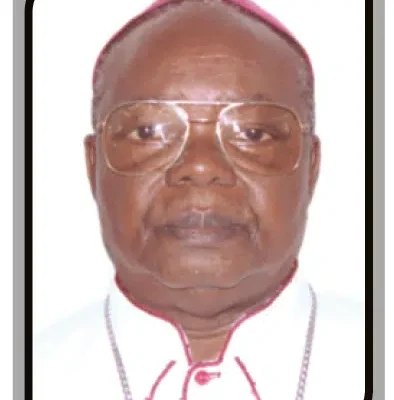Nigerian industrialist Aliko Dangote has once again made history, officially becoming the first African to achieve a $30 billion net worth, according to the latest data from the Bloomberg Billionaires Index. This milestone not only reinforces Dangote’s position as Africa’s richest man, but also marks a defining chapter for the continent’s growing industrial economy.
Dangote’s wealth soared following a remarkable $430 million surge in his business portfolio, capping off a year of consistent expansion that added over $2 billion to his fortune. His empire—spanning cement, sugar, flour, and oil refining—continues to drive industrialization and economic growth across Africa. Eyes Of Lagos reports,
The Rise of an African Industrial Giant
Born in Kano, Nigeria, Dangote started his business journey trading rice and sugar in the 1970s. Decades later, he leads one of Africa’s most diversified conglomerates, the Dangote Group, a company synonymous with large-scale manufacturing and innovation on the continent.
A major contributor to his recent financial leap is the Dangote Cement plant in Côte d’Ivoire, valued at $160 million. The plant adds three million tonnes of cement capacity annually, extending the company’s reach to 11 African countries. This expansion cements Dangote’s dominance in the building materials sector, a key driver of infrastructure growth across Africa.
“Dangote’s achievement isn’t just personal—it’s a symbol of what is possible for African manufacturing,” said Ngozi Okonjo, a senior analyst at Afrinvest. “He’s demonstrating that long-term investments in local production can create sustainable wealth.”
Refinery Revolution: The Billion-Dollar Catalyst
At the heart of Dangote’s latest success is the Dangote Petroleum Refinery, located in Lekki, Lagos. The facility began operations in late 2023 and has rapidly become a game changer for Africa’s energy landscape.
Producing approximately 370,000 barrels of oil per day, the refinery is already reducing Nigeria’s dependence on imported fuel. Experts say this shift has boosted investor confidence and lifted Dangote’s overall valuation to new global heights.
The billionaire plans to scale production up to 1.4 million barrels per day by 2026, transforming the refinery into one of the world’s largest single-train facilities. Additionally, Dangote is preparing to list 10% of the refinery’s shares on the Nigerian Exchange (NGX)—a move that could further unlock billions in market value.
Weathering Market Volatility and Emerging Stronger
Dangote’s wealth has not been immune to the global economic turbulence of recent years. In 2024, fluctuations in crude oil prices and currency instability briefly impacted the valuation of his assets. However, as refinery output stabilized and cement demand rose across West Africa, his net worth rebounded sharply.
Financial experts credit his long-term manufacturing strategy for his resilience. Unlike many billionaires who rely on technology or stock markets, Dangote’s fortune is anchored in tangible production and infrastructure, making it more sustainable amid global volatility.
A Legacy Beyond Wealth
Aliko Dangote’s rise to $30 billion is more than a personal milestone—it’s a defining moment for Africa’s industrial future. His success signals a shift toward homegrown enterprise, economic independence, and value-added production on the continent.
From trading commodities to leading Africa’s largest industrial conglomerate, Dangote’s journey embodies the power of vision, discipline, and strategic investment. As he expands his footprint across multiple sectors, his influence continues to inspire a new generation of African entrepreneurs.
In Dangote’s own words, “Africa’s future lies in manufacturing—when we produce what we consume, we create real wealth.”
Key Highlights:
-
Aliko Dangote becomes first African to hit $30 billion net worth
-
$430 million portfolio surge recorded on Bloomberg Billionaires Index
-
Dangote Refinery and Cement Expansion drive valuation growth
-
Plans underway to list 10% refinery shares on Nigerian Exchange
-
Milestone marks a new era for African industrial capitalism








